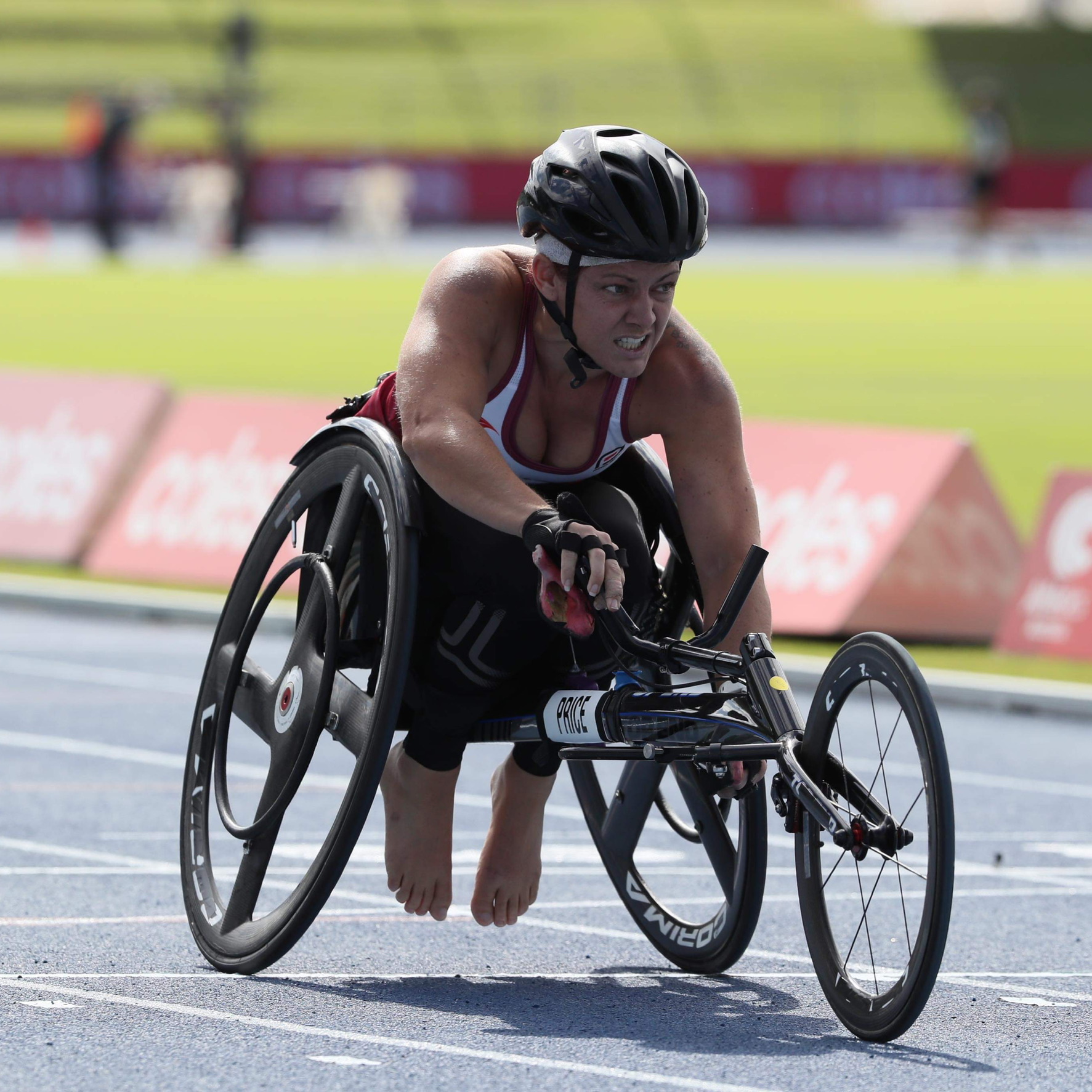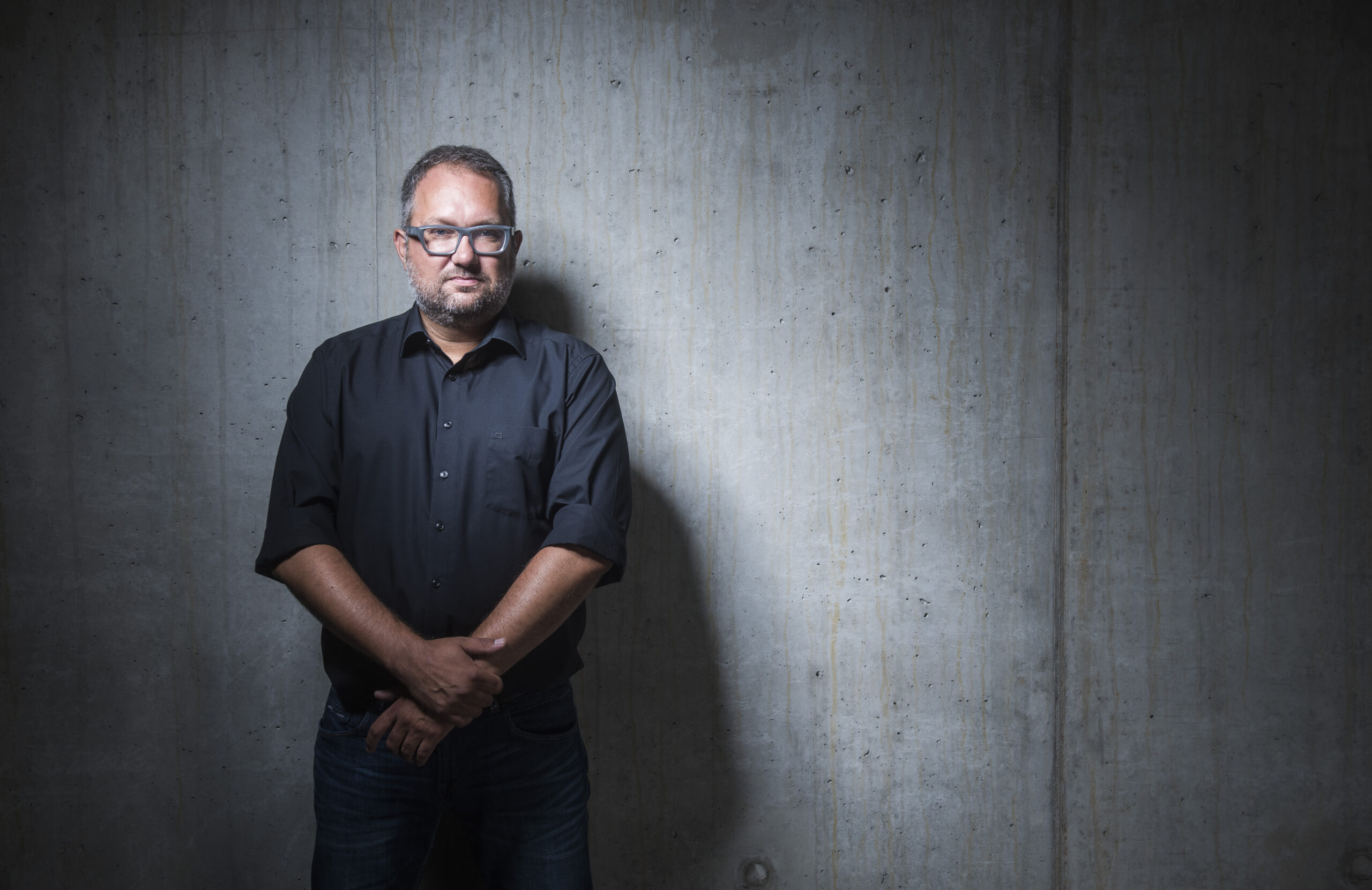The Power of Hearing
Picture by Caroline White
When Katie Grant started having hearing difficulties in her early 50s, she was in denial. She reluctantly got hearing aids and was amazed at the transformation that followed. To raise awareness on World Hearing Day, she shares her story with This Is MedTech.
“Every night I’d be watching TV with my husband and I’d keep turning to him and asking: ‘What did they say?’ Finally, he told me to get my hearing checked,” Katie says. She refused, thinking she was too young to have hearing issues. “That kept happening and then one night we were out on the patio and he asked me if I heard the frogs chirping. Apparently they were loud, but I didn’t hear anything. The next day I made an appointment to see the audiologist.”
According to the World Health Organization, over 80% of ear and hearing care needs remain unmet, costing US$1 trillion globally per year. Like Katie, people are often hesitant to get their hearing checked because of societal misperceptions and stigmatising mindsets. She now urges others to get screened. “We get our eyes and teeth checked regularly, but we don’t get our hearing checked,” she notes.
The screening involves medical technology called an audiometer, which delivers sounds at different frequencies and loudness levels. “The audiologist puts you in a little booth and you have headphones on. They play different frequencies and when you hear it, you raise your hand. I thought I was raising my hand quite a bit,” remembers Katie. Meanwhile, the audiologist was recording her responses.
“After I got out of the booth, the audiologist showed me the curve of my hearing on her computer screen. I didn’t have anything in the normal range,” Katie says. “She explained that my hearing loss was mild. Also, my ears were compensating for each other when trying to pick up different frequencies.”
Much to Katie’s surprise, hearing aids were ordered and she got fitted for them a week later. “At first I was so embarrassed. I stopped wearing my hair up,” she comments. “But then around the fourth day, I noticed a strange sense of calm. It was noticeable enough that I started researching mental health and hearing. There’s a connection. Because your brain isn’t working so hard to figure out what you’re hearing, it can relax and do other things.”
Two years later, not only has Katie accepted that she’s hard of hearing – she owns it and feels that it has significantly improved her mental health.
She’s also blown away by the modern medtech that can support people with their hearing. “It’s really cool technology,” she says. “The hearing aids are connected to an app through Bluetooth and you can adjust them from your phone according to different volume settings, like ‘television’ or ‘restaurant’. I also have an app that allows me to get live captions of conversations on my phone. It’s amazing.”
Katie assures people that they won’t regret getting their hearing checked and wearing hearing aids if needed. “It could change your life on many other levels that you aren’t aware of, in the best way.”






